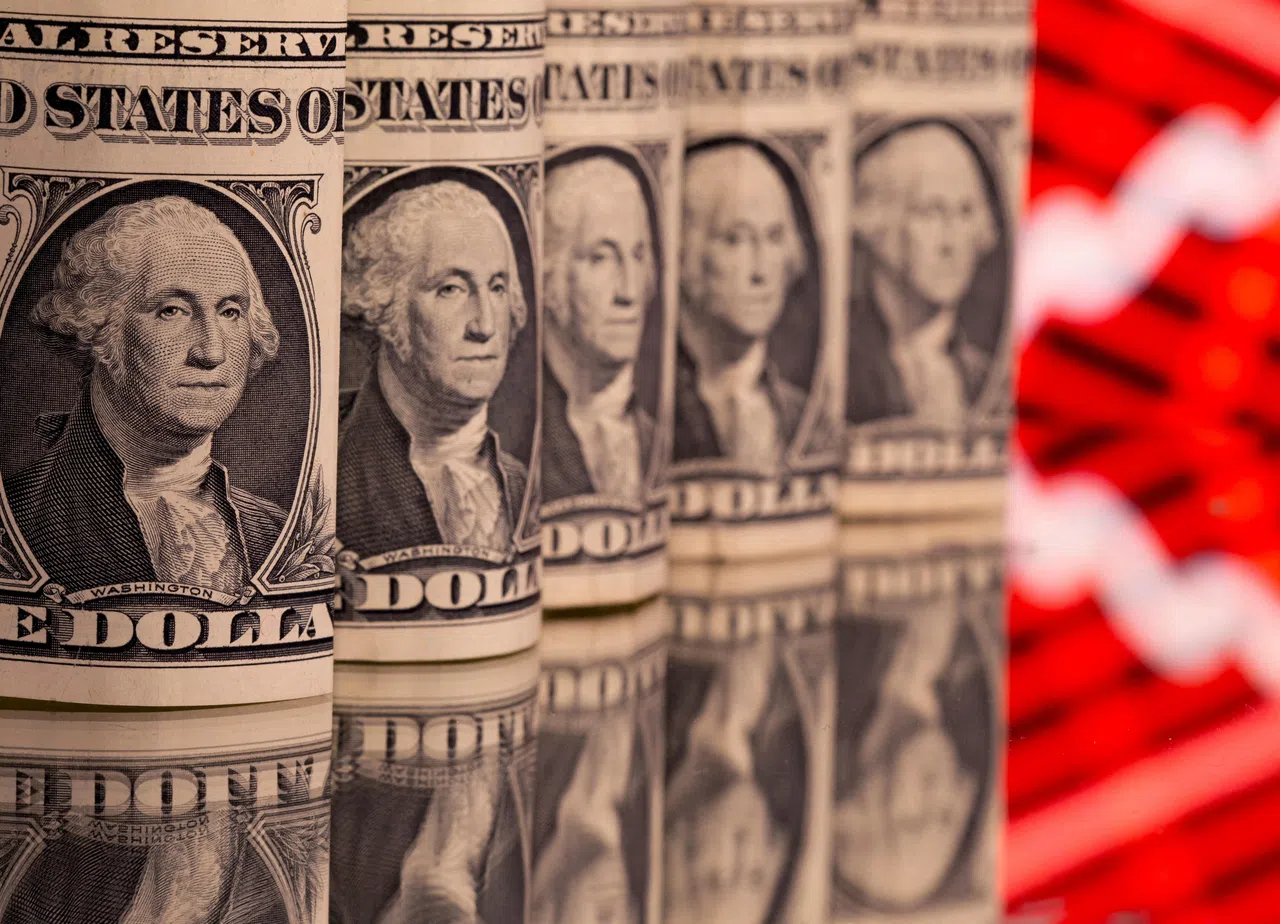THE euro fell versus the dollar after inflation data from Germany and Spain led investors to increase their bets on the European Central Bank (ECB) interest rate easing cycle.
Inflation fell in six important German states in August, suggesting that national inflation could decline noticeably this month, while dropping to its slowest pace in a year in Spain.
The single currency was down 0.2 per cent to US$1.1098 after hitting US$1.1072, having traded at US$1.1128 before the German figures. It reached a 13-month high on Friday at US$1.1201.
Money markets priced in 67 basis points (bps) of ECB rate cuts in 2024, from around 63 bps before the data.
Investors now await Friday’s release of US core personal consumption expenditures price index – the Federal Reserve’s preferred measure of inflation – which could provide clues about the rate outlook in the US.
They were cautious on the single currency ahead of elections in Germany’s three eastern states as two parties – one far-right and one economically far-left – are polling together between 40 and 50 per cent of the votes.
BT in your inbox
Start and end each day with the latest news stories and analyses delivered straight to your inbox.
“The results from Thuringia may come as a negative shock to euro watchers, who have tended to be sensitive to political developments that point to uncertain political outlooks on the continent,” said Thierry Wizman, global forex and rates strategist at Macquarie.
Thuringia and Saxony vote on Sep 1, and Brandenburg follows on Sep 22.
“Possible consequences include drastic changes in regional policies, a break-up of the national coalition, a change in national fiscal policy and a reorientation of Germany’s EU and foreign policy, in descending order of likelihood,” said Christian Schulz deputy chief European economist at Citi.
In the broader market, the dollar rose after the German data, after bouncing on Wednesday.
The greenback has fallen some 2.9 per cent for the month thus far, putting it on track for its steepest monthly decline in nine months.
US rate cuts
Investor bets for imminent US rate cuts were further cemented by Fed chair Jerome Powell’s remarks at Jackson Hole last week that the “time has come” to cut rates, joining a chorus of Fed policymakers.
Some analysts said that the dollar reaction to Powell was overdone as, while his explicit rate cut guidance had some significance, investors had already fully priced in around 100 bps of monetary easing well before Jackson Hole.
Markets have fully priced in a 25 bps rate cut from the Fed next month, with an around 35 per cent chance of an outsized 50 bps reduction, according to the CME FedWatch tool.
The dollar index was last 0.16 per cent higher at 101.18, still within striking distance of a 13-month low of 100.51 on Tuesday.
Federal Reserve Bank of Atlanta president Raphael Bostic on Wednesday said it may be “time to move” on rate cuts, but he wanted to be sure before pulling that trigger.
The kiwi dollar was a notable outperformer, scaling an eight-month high of US$0.6295 after a survey showed New Zealand’s business confidence jumped in August to the highest level in a decade. It was last up 0.53 per cent at US$0.6298.
The Reserve Bank of New Zealand had earlier this month delivered its first rate cut in more than four years and signalled more to come.
The yen was little changed at 144.53 per dollar and was eyeing a 3.7 per cent gain for the month.
Japanese investors were net buyers of foreign bonds in the week to Aug 24.
The depreciation of the US dollar has lifted “the appetite in Japan for buying foreign bonds and equities”, said Derek Halpenny, head of global markets research at MUFG.
Given the limited recovery in the greenback cross versus the yen “we can assume Japanese banks with available dollars may have been the dominant buyer”, he added.
Policymakers at the Bank of Japan have signalled that the central bank would continue to raise interest rates if inflation stayed on course. REUTERS



